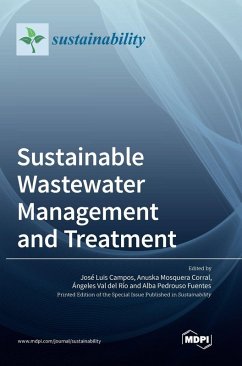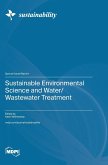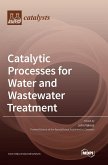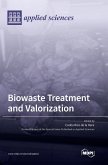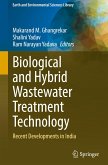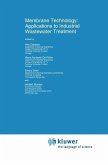Although the original goal of wastewater treatment plants (WWTPs) was to remove pollutants from human and industrial effluents to protect both human health and ecosystems, new challenges are faced today, with the aim to assure the sustainability of WWTPs in terms of both reducing their environmental impact and integrating them into the urban circular economy. For these reasons, energy consumption and greenhouse gas emissions are among the aspects that should become key factors concerning the overall performance of WWTPs. Additionally, wastewater should be considered a valuable resource from which energy, clean water, nutrients, and value-added products can be extracted or produced to close material cycles. To achieve these future goals, not only is the development of new technologies and processes necessary, as is a paradigm shift in wastewater management. In this sense, the separation of different domestic wastewater streams and decentralization of wastewater treatment are recognized as the most promising concepts to promote local recycling and reuse of resources contained in domestic wastewater. This Special Issue of Sustainability aims to report the latest developments in sustainable wastewater management and treatment.
Hinweis: Dieser Artikel kann nur an eine deutsche Lieferadresse ausgeliefert werden.
Hinweis: Dieser Artikel kann nur an eine deutsche Lieferadresse ausgeliefert werden.

